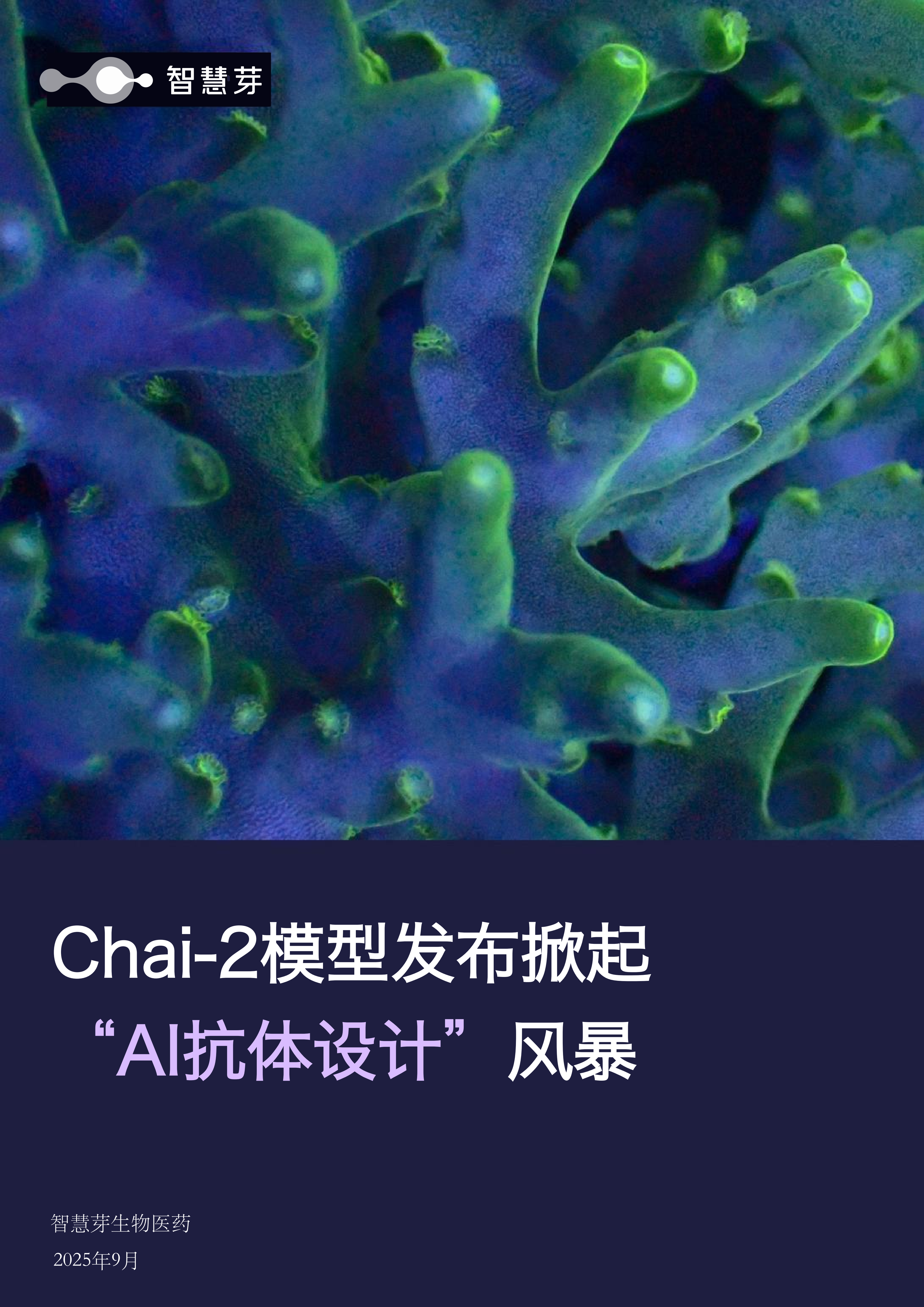预约演示
Third Patient Death Potentially Linked to Lecanemab Days Before Expected FDA Decision
2023-01-05
临床结果临床3期
Courtesy of Getty Images
Two days before the FDA is expected to make a decision on Biogen and Eisai's lecanemab, another death possibly linked to the Alzheimer's drug came to light, courtesy of a letter published Wednesday in the New England Journal of Medicine.
The letter to the editor, written by Nicholas J. Reish, M.D., Ph.D. and other physicians at Northwestern, outlines the case of a 65-year-old patient with early Alzheimer’s. The patient had participated in both the randomized Phase III Clarity-AD trial and received three intravenous infusions of the anti-amyloid antibody in the open-label phase.
The patient had cerebral amyloid angiopathy (CAA), according to the autopsy report. CAA is a cerebrovascular disorder in which amyloid beta-peptide accumulates in the walls of small-to-medium-sized cerebral blood vessels and meninges.
Upon suffering a stroke, the patient was treated with intravenous tissue plasminogen activator (t-PA), an emergency stroke-busting medication. According to the authors, the patient then experienced “numerous acute intracerebral hemorrhages” and subsequently died.
The authors went on to write that “the extensive number and variation in sizes of the cerebral hemorrhages in this patient would be unusual as a complication of t-PA solely related to cerebrovascular amyloid.”
The findings “raise the possibility of cerebral hemorrhages and necrotizing vasculopathy associated with t-PA infusion in a patient with cerebrovascular amyloid who had received lecanemab,” the authors concluded.
In a response also published Wednesday in NEJM, Drs. Marwan Sabbagh, M.D. of the Barrow Neurological Institute and Christopher H. van Dyck, M.D. of the Yale School of Medicine agreed that the case “raises important management issues”, particularly for patients who are homozygous for the APOE ε4 allele.
Sabbagh presented data from Clarity-AD at the 2022 Clinical Trials on Alzheimer's Disease (CTAD) conference in November, where he addressed two deaths that had previously been linked to lecanemab.
In October, an unnamed Clarity-AD investigator attributed a patient’s death to lecanemab. The following month, one day ahead of the CTAD presentation, a report in Science linked a second patient’s death to the drug. Both deaths occurred due to bleeding in the brain.
Sabbagh and Dyck suggested that other factors, including high blood pressure and vasculitis, might have contributed to the stroke patient’s death. They went on to point out that there have been fatal intracerebral hemorrhages after t-PA treatment in people with CAA who were not taking anti-amyloid medications.
BioSpace has reached out to Eisai for additional comment and will update this story accordingly.
Biogen and Eisai have a date with the FDA on Jan. 6.
更多内容,请访问原始网站
文中所述内容并不反映新药情报库及其所属公司任何意见及观点,如有版权侵扰或错误之处,请及时联系我们,我们会在24小时内配合处理。
靶点
-Eureka LS:
全新生物医药AI Agent 覆盖科研全链路,让突破性发现快人一步
立即开始免费试用!
智慧芽新药情报库是智慧芽专为生命科学人士构建的基于AI的创新药情报平台,助您全方位提升您的研发与决策效率。
立即开始数据试用!
智慧芽新药库数据也通过智慧芽数据服务平台,以API或者数据包形式对外开放,助您更加充分利用智慧芽新药情报信息。





